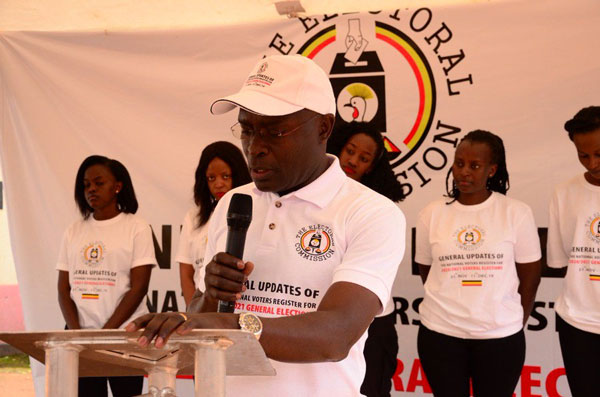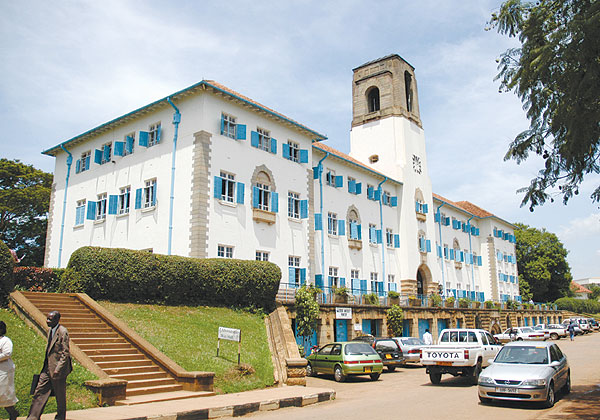Candidates in Uganda’s upcoming parliamentary elections have until Thursday to pay a nomination fee of a little more than $800 to the Electoral Commission. However, some don’t have the money, forcing political parties to appeal for support on social media.
Last week, Robert Kyagulanyi, better known as the singer Bobi Wine, asked his followers on social media to financially support parliamentary candidates running under his National Unity Platform party.
He said that as the nomination period draws to a close, the party has many candidates, especially from western and northern Uganda, who risk being unable to run because they don’t have the required three million shillings, equal to about $800.
Wine accused President Yoweri Museveni and his allies of making it expensive to run for office “simply to lock out the opposition.”
Joel Ssenyonyi, the National Unity Platform spokesperson, and a parliamentary candidate himself, said in a phone interview the fee is locking them out.
“There’s no direct correlation between somebody being wealthy and being a good leader. Many of the people who are corrupt, who are stealing taxpayers’ money, are already stinking rich,” he said. “If you look at our existing parliament, many of those people actually were not well-to-do at the time they got into parliament. They were campaigning on boda bodas, bicycles, door to door, on foot and so on, and people said, ‘Look, you don’t have the means but you are potentially a good leader, we are going to entrust you with our vote.'”
The executive committee of the ruling National Resistance Movement party is meeting Monday to decide how much the party will contribute to a member’s nomination fee.
During previous elections, the party paid its candidates’ nomination fees – raising questions as to its source of funds.
Emmanuel Dombo, the NRM director for communications, said this is the value of belonging to a political party.
“It is burdensome, but it’s a responsibility parties must undertake in order to ensure coherence within organizations. Because, if you fail to pay nomination fees for your candidates, then how can you have control over them as members of parliament?” he said.
Patrick Wakida, head of Research World International, an organization that carries out political opinion surveys in Uganda, said candidates competing against members of the ruling party start the election at a disadvantage.
In his opinion, the electoral commission doesn’t need the money raised by the nomination fees.
“Ideally they shouldn’t be charging,” he said. “They are already funded; they already have money from the treasury. When they go to the extent of again asking people for three million shillings, in my view, that is not proper. It puts very many people to the disadvantage.”
The Electoral Commission maintains it is parliament that established the fee and the commission is only following the law.
Uganda’s parliamentary and presidential elections are set to take place in January or February of next year. The ruling NRM currently holds close to a two-thirds majority in the 458-seat body.
VOA





